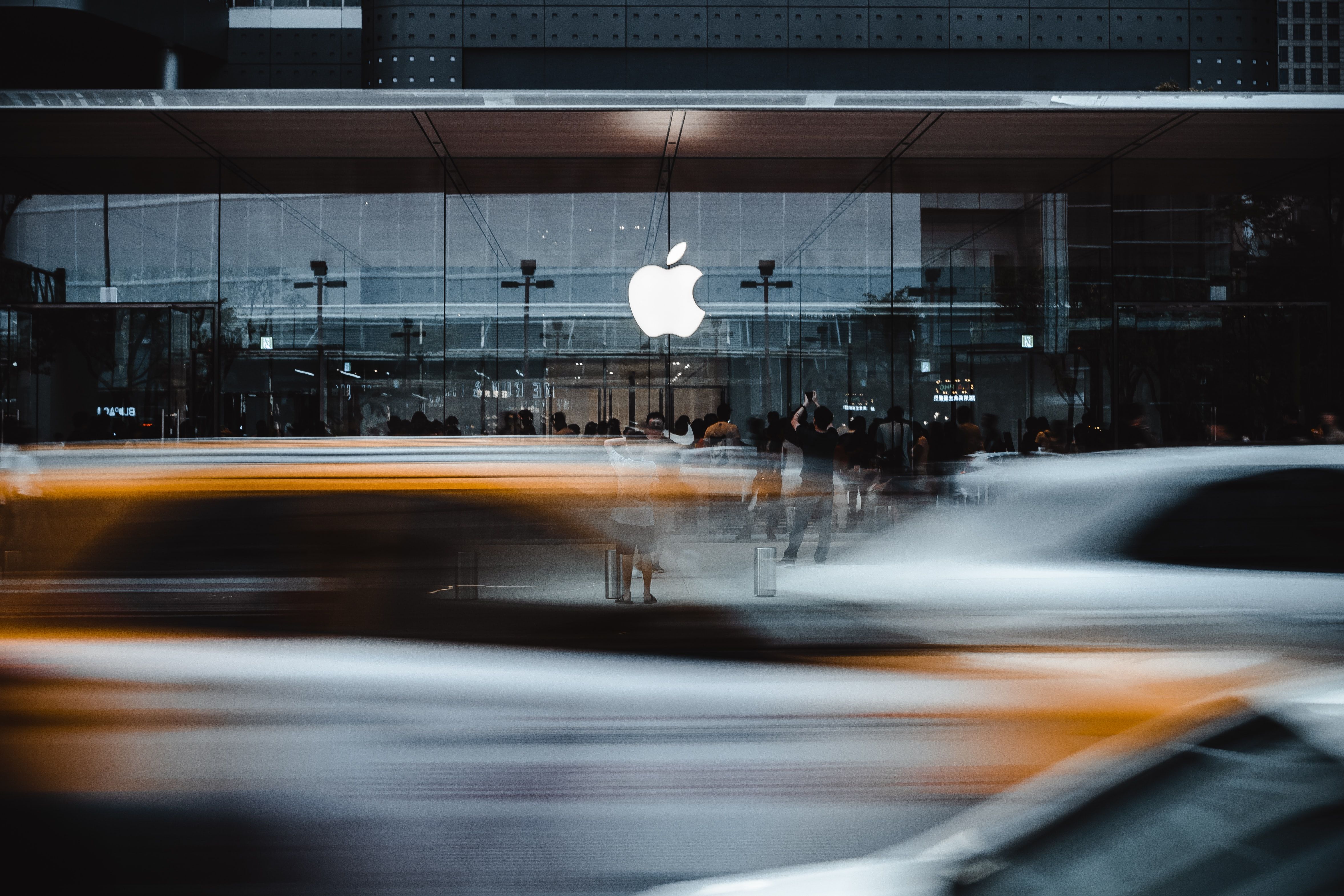COVID-19 has impacted many businesses worldwide, and for most of these, this has been in a negative manner. Not for Apple, though—during the pandemic, the tech giant has seen its sales soar, and its smartphone, computer, and tablet strongholds tighten.
No single reason exists for Apple’s success during these unprecedented times, but we can likely draw our attention to a few contributing factors.
So, just why are Apple’s sales skyrocketing? And just how well has the company fared during the pandemic? Let’s take a look.
How Have Apple’s Sales Fared During the Pandemic?
As reported by The Guardian, Apple generated a staggering $90 billion in sales during the first quarter of 2021. The same article says that this was 15% higher than predicted, and a jump up of 45% compared to revenue made in Q1 2020.
But the beginning of 2021 was no flash in the pan. In the three months ending on September 26, 2020, Apple reported $64.7 billion in revenue. At the time, that figure was the most it had ever made in a quarter.
Why Has Apple Done So Well?
So, now you know just how high Apple’s sales have soared during COVID-19. But why is this the case?
Below are four possible reasons why the company has done so well during what has been a challenging period for many global businesses.
1. A Loyal Customer Base
Apple product owners buy into much more than just an iPhone or Mac. They’re also buying into the company’s vision, and a lot of users have a genuine passion for the products they buy.
When talking about the company’s results for the fourth quarter of the 2020 fiscal year, which is detailed in the article we linked above, Apple's Chief Financial Officer, Luca Maestri, said:
Our sales results and the unmatched loyalty of our customers drove our active installed base of devices to an all-time high in all of our major product categories.
We suspect Apple’s loyalty is the result of a mixture of high-quality products and high levels of training for all of its employees—including those working in its stores. When the going gets tough, the company will—barring something huge—always have that support base behind it.
2. People Are Spending Less Money Elsewhere
Many governments around the world introduced strict measures to stop the spread of COVID-19. For months on end, cultural institutions, restaurants, and bars remained closed. Moreover, international travel for leisure purposes was almost entirely off the agenda.
While many people unfortunately lost their jobs, others experienced a sudden increase in disposable income.
Apple’s Q1 2021 results coincide with lockdowns that in many countries were just as strict—if not tougher—than those imposed around March 2020. When you factor that in with the tail end of the festive period, it’s possible that many consumers saw these unexpected savings as giving them the prime opportunity to buy a new Apple product.
3. Early Reopenings in Asian Stores
Having a well-functioning online store and numerous third-party sellers will likely have helped to boost Apple’s sales during the pandemic. But that doesn’t mean we should discount the early reopenings of its stores in Asia.
In particular, China is an important market for Apple. In the three months ending December 26, 2020, Reuters reported that Apple generated $21.31 billion from iPhone sales alone here.
As reported by BBC, Apple reopened its stores in China in March 2020. At around the same time, Europe and North America were heading into what was the first of numerous lockdowns for many countries.
The same BBC article also highlights that store closures in the world’s largest country by population led to a decreased demand for some of Apple's products.
4. An Increased Reliance on Technology
Throughout COVID-19, many of us saw technology’s importance in our daily lives increase. Countless businesses had to adopt a remote working model overnight and our smartphones enabled us to keep in touch with loved ones when this wasn’t physically possible.
This increased reliance on technology during the pandemic could well have influenced a lot of people’s buying decisions. Employees might have chosen to upgrade to a Mac to improve their workflow processes, while fitness enthusiasts might have seen the latest Apple Watch as a handy way to track their health.
As schools and universities also needed to adopt remote learning, teachers might have chosen to buy Apple products and create more interactive lessons. Both teachers and students might also have been persuaded by Apple’s student discount.
Apple’s COVID-19 Performance Proves Its Resilience and Value
Apple’s skyrocketing sales during the pandemic aren’t surprising. In recent decades, the company’s fanbase has grown significantly. Apple is the first name that many consumers think of when buying a new gadget.
The company’s early reopening of Asian stores also probably helped increase its sales, especially with many physical locations across Europe shutting down simultaneously.
Above all else, Apple has shown the importance of having a value proposition and impactful products and services. And because of this, it’s in a great position to build on its pandemic success once COVID-19 subsides.



